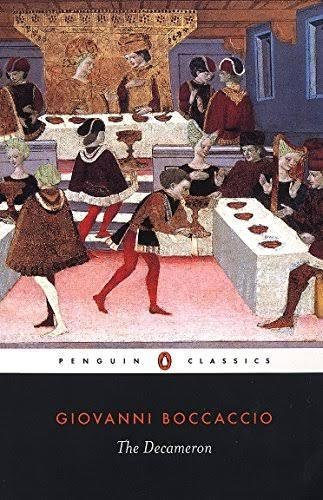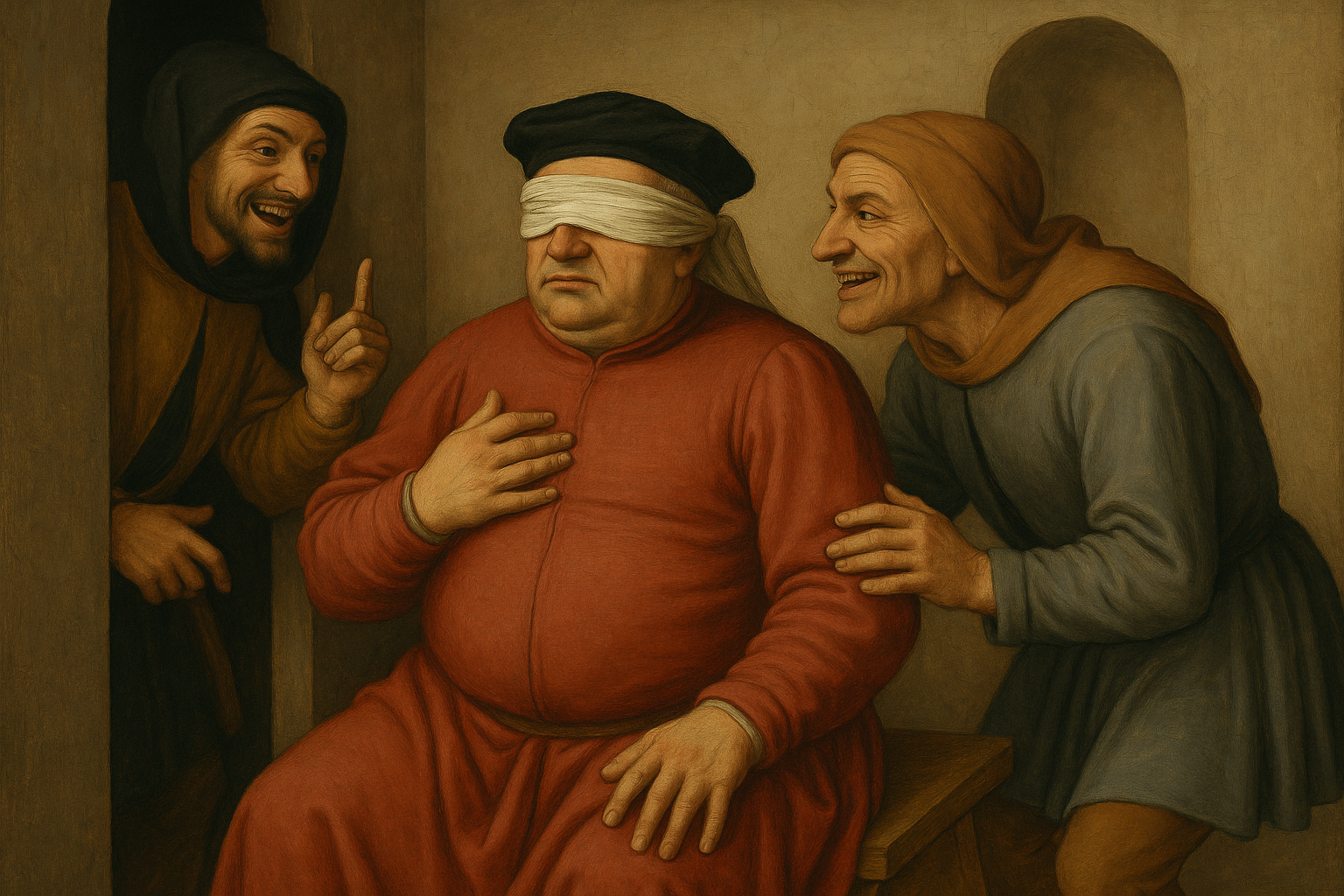The Ultimate Sacrifice: Love, Fortune, and Virtue in "Federigo's Falcon"

Giovanni Boccaccio's "Federigo's Falcon," a poignant tale from Day Five of The Decameron, explores the profound depths of love and sacrifice in the face of shifting fortunes. This review will delve into how the narrative, seemingly simple, masterfully employs literary devices to illuminate themes of generosity, true nobility, and the surprising turns of fate, ultimately arguing that genuine virtue, rather than wealth or status, is what truly triumphs.
The tale introduces Federigo degli Alberighi, a young nobleman in Florence renowned for his chivalry and courtliness. He falls deeply in love with the beautiful and virtuous Monna Giovanna, but despite his extravagant efforts and immense spending to win her affection, she remains indifferent. Federigo's fortune is quickly depleted, leaving him with only a small farm and his prized falcon. He moves to the countryside, living humbly. Years later, Monna Giovanna's husband dies, and she, with her young son, moves to an estate near Federigo. Her son becomes ill and, having befriended Federigo and admired his falcon, believes that possessing the bird will cure him. Monna Giovanna, desperate, swallows her pride and visits Federigo, asking him to dine with her. Unaware of her true request and having nothing else worthy to serve such a distinguished guest, Federigo, in a grand gesture of hospitality, slaughters his beloved falcon and serves it for their meal. After the meal, Monna Giovanna finally reveals her request for the falcon, only to be met with Federigo's tearful confession of his sacrifice. Despite her initial shock and dismay at the tragic irony, Monna Giovanna's brothers encourage her to remarry, and recognizing Federigo's unwavering devotion and noble spirit, she chooses him, valuing his virtue above all else.
Boccaccio brilliantly utilizes situational irony as the central literary device in "Federigo's Falcon." The dramatic irony peaks when Federigo sacrifices his most prized possession, the falcon, to honor Monna Giovanna, only for her to reveal that the falcon was precisely what she had come to request for her ailing son. This ironic twist is not merely for comedic effect; it underscores the characters' changing perceptions and the unpredictable nature of Fortune. The falcon itself serves as a powerful symbol. Initially, it represents Federigo's last remnant of his former aristocratic life and his singular passion; its sacrifice symbolizes his complete and utter devotion, a stripping away of all earthly possessions for love. Later, it becomes a symbol of the profound, if tragic, misunderstanding that ultimately brings the lovers together through an unexpected path.
The characters of Federigo and Monna Giovanna drive the narrative through their development. Federigo, initially a somewhat naive and spendthrift lover, undergoes a transformation. His fall into poverty forces him to confront reality, yet his inner nobility and unwavering devotion to Monna Giovanna remain. His act of sacrificing the falcon, though tragically misguided, solidifies his inherent goodness and selfless nature. Monna Giovanna, on the other hand, represents the embodiment of virtuous womanhood in the 14th century, initially bound by decorum and her marriage vows. Her journey involves a shift in perspective. Faced with her son's illness and then Federigo's selfless act, she learns to value virtue and true love over material wealth or social standing, ultimately choosing Federigo despite his poverty.
The central themes explored are true nobility, love, and the capriciousness of Fortune. Boccaccio challenges the prevailing notion that nobility is solely tied to lineage or wealth, instead suggesting that it stems from virtuous actions and a generous spirit, as Federigo demonstrates. The tale also portrays different facets of love: Federigo's unwavering, almost obsessive, courtly love, and Monna Giovanna's eventual recognition of a deeper, more substantial affection. The narrative explicitly discusses Fortune's role, showcasing how characters rise and fall, emphasizing that while external circumstances can change rapidly, inner virtue can lead to ultimate happiness.
What truly stood out to me in "Federigo's Falcon" was the bittersweet beauty of Federigo's sacrifice. His decision to roast the falcon, driven by desperate love and honor, evokes a powerful sense of pathos, even as the irony of the situation becomes clear. I found myself admiring Monna Giovanna's pragmatic yet ultimately compassionate decision to marry Federigo, recognizing that true worth lies beyond material possessions. The tale's blend of sadness and ultimate triumph makes it deeply resonant, and I thoroughly enjoyed how Boccaccio crafted a narrative that, despite its period setting, speaks to universal human experiences of love, loss, and the unpredictable path to happiness.
"Federigo's Falcon" remains a timeless testament to the power of selfless love and the redefinition of true nobility. Boccaccio’s masterful use of irony and symbolism elevates a simple story of devotion into a profound commentary on human values. The tale reminds us that while external circumstances may change, the enduring qualities of generosity, perseverance, and a noble heart are what truly define an individual. In an age where superficiality often reigns, Federigo's ultimate sacrifice and Monna Giovanna's discerning choice serve as a powerful reminder that genuine virtue still matters, making this 14th-century gem as relevant today as it was centuries ago.







